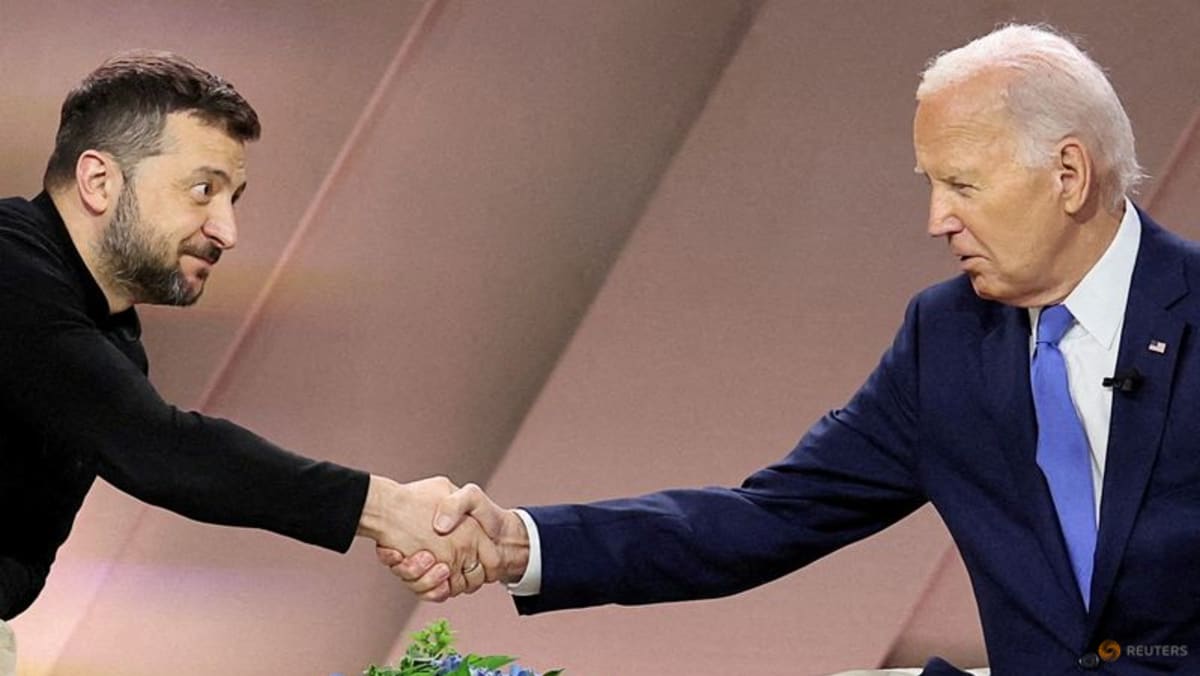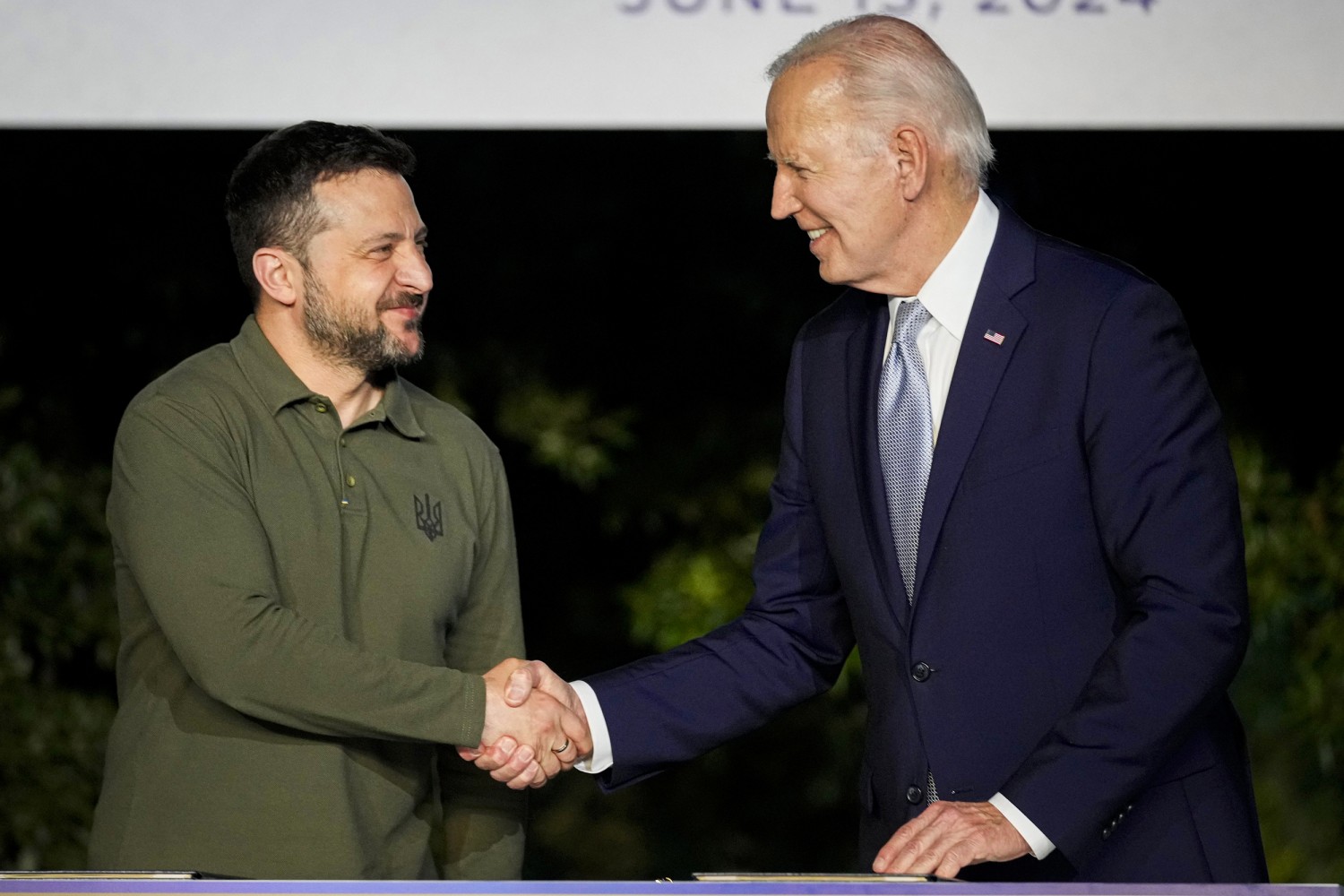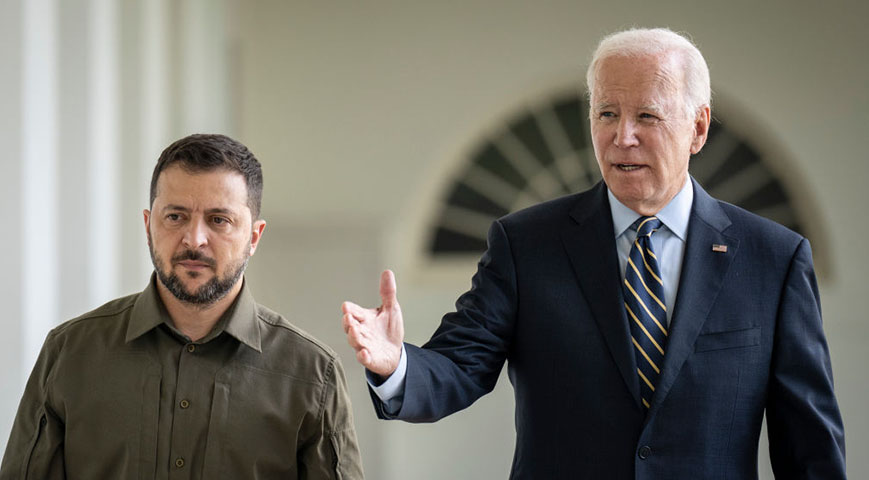The Biden administration has approved Ukraine’s use of U.S.-made weapons for long-range strikes inside Russia, signaling a significant policy shift.
This comes amid heightened tensions following Russia’s deployment of North Korean troops to support its forces, a move that has alarmed Washington and Kyiv. Ukraine plans to launch its first such strikes soon, likely using ATACMS rockets with a range of 190 miles.

Ukrainian President Volodymyr Zelenskiy acknowledged the policy change but emphasized the importance of action over words.
Did you read this?
The Kremlin has yet to respond but has warned of severe consequences. Russian officials claim this escalation could lead to global conflict. Meanwhile, some U.S. officials express doubts about the decision's long-term impact on the war’s trajectory.
The move is seen as a response to Russia’s increasing aggression, including its fastest territorial gains since 2022 and the involvement of over 10,000 North Korean troops in combat operations.

Ukrainian forces have faced setbacks in the Kursk region but hope these new capabilities will enhance their strategic position.
This decision follows months of appeals from Zelenskiy and growing pressure from U.S. congressional Republicans, who argue the change was overdue. Critics, including some close to President-elect Donald Trump, have questioned the timing, with Trump’s administration expected to reevaluate U.S. policy after his inauguration.
While allies like Poland view this as a necessary step to counter Russian aggression, concerns remain about potential NATO involvement or escalation into nuclear conflict.

Experts believe the new policy could strengthen Ukraine’s bargaining position, but they fear the support arrived too late to significantly alter the war’s outcome.
As Ukraine braces for its first deep strikes, the global implications of this shift remain uncertain, with international eyes fixed on the evolving conflict.









